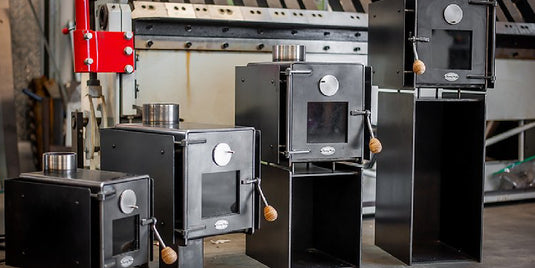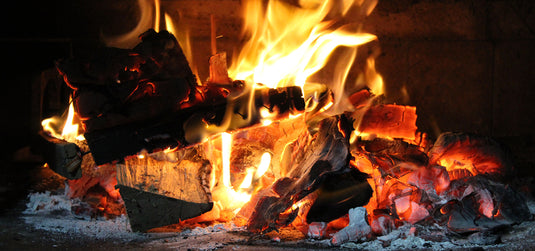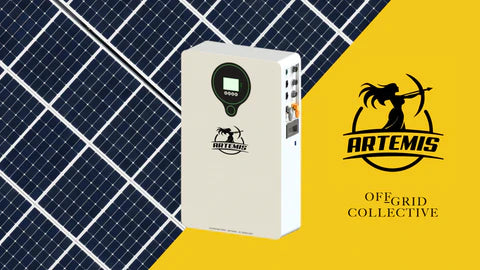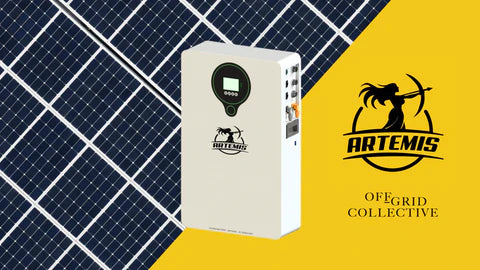Off-grid living is a lifestyle choice that is becoming more popular in Aotearoa as kiwis seek greater independence, environmental sustainability, and financial freedom. While there are many benefits to this lifestyle, it also comes with its own set of challenges and risks, especially in a country with varied weather patterns. One of the most important considerations for off-grid living is being prepared for an emergency event. In this article, we will explore why preparedness is crucial in off-grid living, and what steps you can take to ensure your safety and well-being in the event of an emergency.
Living off the grid means being disconnected from many of the services and resources that most of us take for granted, such as access to electricity, running water, and emergency services. This can make off-grid living vulnerable to a range of emergency situations, such as power outages, water shortages, and natural disasters.
In order to ensure that you are equipped to handle these emergencies, it is important to have a comprehensive emergency plan in place. This plan should include steps for ensuring access to essential resources, such as food and water, and for providing emergency power, lighting, and communication. It should also include strategies for managing potential health risks, such as illness or injury, and for coping with stress.
Emergency Planning Guide:
-
Stockpile essential resources: Store enough food and water to last for several days in the event of an emergency. This should include non-perishable items, such as canned goods, dried goods, and a supply of drinking water. It is also a good idea to have a backup source of food and water, such as a garden, livestock, or an extra water collection system.
-
Prepare for emergency power and lighting: Have a backup generator and alternative lighting sources, such as candles, lanterns, and flashlights, on hand in case of a power outage or lack of sunlight for solar power. Ensure that these backup systems are properly maintained and tested regularly.
-
Develop a communication plan: Have a plan in place for staying in touch with family, friends, and emergency services in the event of an emergency.
-
Manage health risks: Ensure that you have access to basic first-aid supplies, and that you are familiar with basic first-aid techniques. If you have any medical conditions, ensure that you have the supplies and medication you need to manage them.
-
Prepare for natural disasters: Make a plan for dealing with natural disasters, such as hurricanes, earthquakes, and wildfires, that may affect your off-grid home. This should include steps for evacuation, shelter, and communication.
-
Take care of your mental health: Living off the grid can be challenging, especially in the face of an emergency. It is important to have a support system in place, such as friends, family, or your community, to help you cope with stress and anxiety.
- Emergency cooking and heating sources: In an emergency situation, it is essential to have a reliable source of heat and a means of cooking food. Wood burners are a popular choice for off-grid living, as they provide a renewable source of heat and can also be used for cooking. It is important to have a backup source of fuel, such as firewood or charcoal, and to ensure that the wood burner is properly installed and maintained. In addition, it is a good idea to have a portable stove or camping equipment on hand for emergency cooking, in case the wood burner is not usable.
Preparedness is essential for ensuring the safety and well-being while living off the grid. By taking the necessary steps to prepare for emergencies, individuals can ensure that they are equipped to handle any situation that may arise, and can continue to enjoy the many benefits of off-grid living.
 is here! Shop now, pay later in 4 easy installments
is here! Shop now, pay later in 4 easy installments






